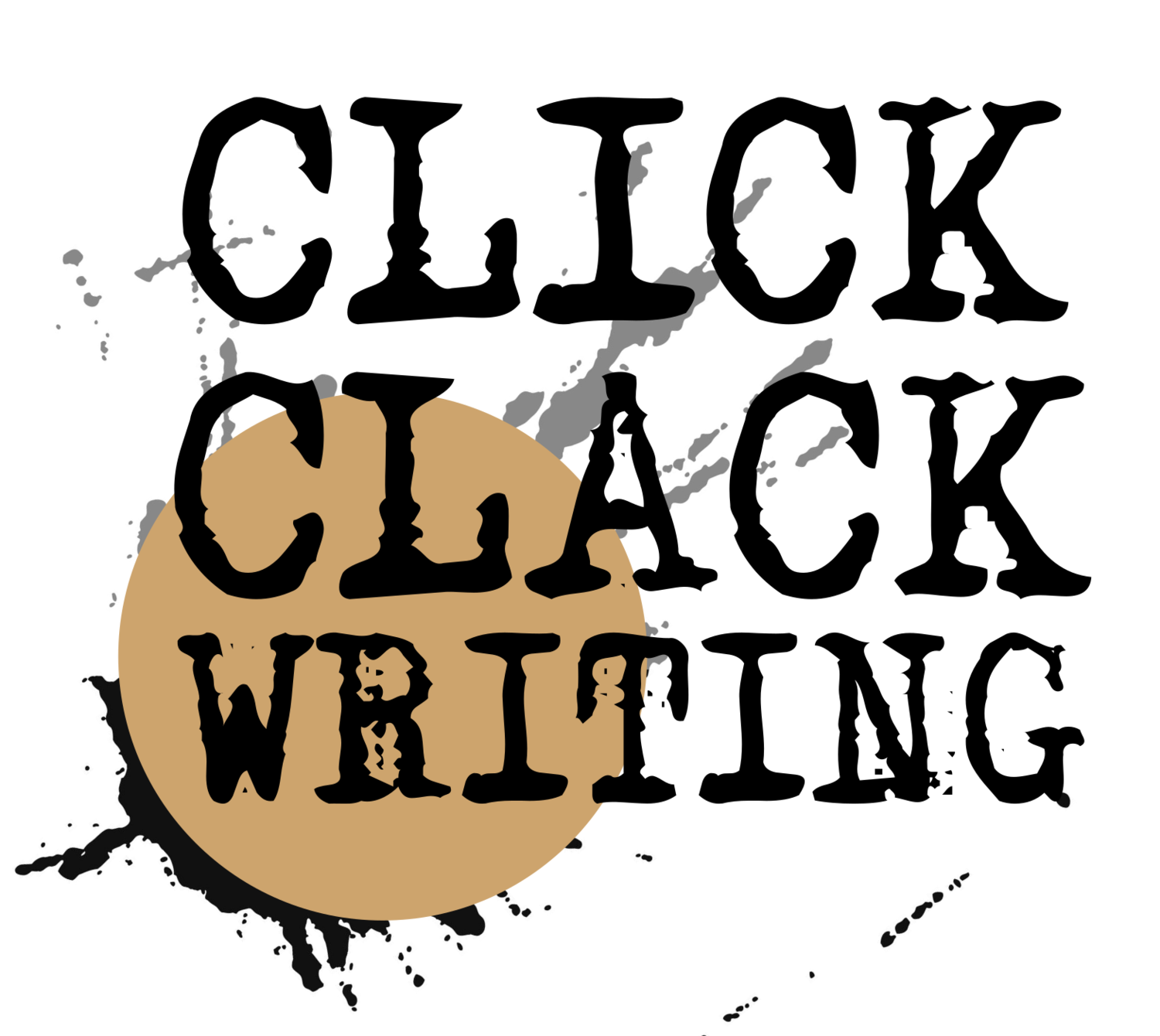July passed by in a blur of plot-building and scene-setting. For the third time in two and a half years, I cranked out 50,000 words of a single novel in a single month (actually 55,000, but who’s counting? …Me. I’m counting).
You’d think I would have learned by now that this “git ‘er done” kind of writing doesn’t suit me, but I had to give it one last go. This time around, I paid attention to my process and noted what worked and what fell flat.
Every writer is different. What worked (or didn’t) for me may not work for you. I mean, Nobokov wrote snippets of stories on scraps of paper whenever the writing muse struck, then he would organize the papers and figure out how to string them together (a strategy I wouldn’t personally recommend, but hey, you do you.)
You do you.
Take the following recommendations for what they are: One writer’s experience with writing many words in a short stretch and paying attention to the elements that worked or didn’t.
So, what did I learn from my #NaNoWriMo in July and why will I probably never do it again?
1. I need more time to reflect and digest
When I’m cranking out words, I can’t take the time I need to pause, think about the story’s big picture, and adjust as needed. My writing style can be classified as “improviser,” which falls somewhere between a “planner” and a “pantser.” I’ll create an outline at the beginning of a project, but let the story take me wherever it wants to go, rethinking the plotline as I go along.
This method of writing necessitates reflection and readjustment. If one of my characters takes an evil turn I hadn't expected, it’s a good idea to pause and consider: “What does this do for the story arc? How does this new twist affect that character’s personal arc, as well as the characters around her?”
Without time for reflection, you may end up with a messy, perhaps unsalvageable, first draft, which is precisely what happened this past month. I ended up messing with my plot structure so much that I introduced unnecessary characters and crammed half a year’s worth of action into a single week.
ON THE POSITIVE SIDE: Writing something that resembles a splattered can of vegetable soup helped me work through some of the snags I hadn’t anticipated in my outlining. For instance, I figured out how a certain love triangle should be framed (hint: NOT the way I framed it in my first draft!), AND I exposed some key problems with my story’s pacing. So, there’s that.
Still, next time I write a first draft, I’m going to be gentler to myself and remember that reflection/readjustment time DOES count. While it’s important to keep doggedly writing a first draft, it’s just as important to spend intentional time thinking about it.
2. 700 Words/Day is More Realistic For Me Than 1,667
I won’t belabor this point; it boils down to this:
Every writer has a sweet spot when it comes to a daily word count, and I’ve found that mine lies somewhere in the 600-800 word range. The only way to figure out yours is to try stretching yourself and writing more than you feel like writing. You may find that you adjust to these stretches and begin to feel comfortable writing 1,000 or 2,000 words per day. Great! As I like to say, you do you.
Again...you do you.
3. Pre-writing is important
One of the things I didn’t get a chance to do this past month was pre-write. Pre-writing allows you to pretend like you’re writing your novel, but with no strings attached. Picture a potential scene in your upcoming, yet-to-be-written novel, and start writing. Paper and pen is best (I’ve found), because it allows for messy, stream-of-consciousness writing with no chance to CTRL + Z what you’ve written.
What does pre-writing do?
It allows you to naturally develop the tone of the novel and gets you into your characters’ heads. It also may lead you down some odd, twisty paths, which is fun and potentially helpful for your plot-building.
Ideally, I would pre-write for at least a couple weeks before diving into my actual novel. That’s what I did before writing Ellie Half-Shadow and the Mayan Prophecy, and it helped me develop my protagonist and identify potential plot holes from the get-go.
To be clear, writing 50K words this past month was not all bad. Though I think I’m done with this kind of meat-grinder style of writing (that’s what I said last time…), I did remember a few reasons why I put myself through such an intense month of writing:
1. #NaNo cuts down on self-editing
I’m the kind of person who likes to dink around with my sentences until they sound like angel trumpets played by unicorns…which is positively terrible for writing a first draft. You can always prettify your work later. First-draft writing is all about getting words on the page.
2. #NaNo is fueled by powerful motivators
Though I wasn’t writing alongside the several thousands of writers who participate in the real #NaNoWriMo, I had a couple of motivators that kept me going throughout the month. One was simple: An Excel spreadsheet. Every day, I would log my word count into Excel and watch my line graph rise. Another line graph marked my target word count and pressed ever upward in a neat, linear line. Don’t touch the lava! Don’t let your word count slip below the target! This, alone, was motivation for me to keep writing.
My actual July, 2018 word tracker.
My second enormous motivator this past month was people. I decided to announce on social media that I was going to write 50K words in July…and things got real with the click of a button. As soon as my post was out in the world, I knew I couldn’t fail my goal. What would people think? My entire reputation was on the line! (Sarcasm, in case you didn’t catch it).
Likely, no one in the social media universe gave two figs about whether or not I reached my goal, but in my mind, they did. In my mind, they were counting down the days, expecting me to come up for air at the end of the month with a victory flag in my hand.
So, that’s what I did.
3. I#NaNo reminds me to write in the morning
I find that it’s easiest to sink my teeth into my writing right away in the morning and zip out at least a few hundred words. Though I’m a natural night owl, I like having something written in the morning (I can always come back to it at night). When I’m doing my daily work, it’s comforting to know I’ve already attended to my own writing.
4. #NaNo cuts through writing dry spells
Before my July #NaNo, I was stuck in a writing dry spell. All my writing had been for other clients (ghost writing and editing, mostly), and I was completely ignoring my creative muses. I had almost forgotten the sound of my own literary voice.
Enter #NaNo. I was thrust back into writing in a serious way. I had no room to dally and ease back into my writing. I had to hit the ground running and then find my stride. It was good for me to do. I now feel like I’m back in my own writing brain.
So, will I attempt to write 50,000 words in a month again? I hope not. I've found that my writing improves when I have a tad more breathing room and space to reflect and readjust my outline. Might I attempt 50K words in two months? That sounds like more my style.









